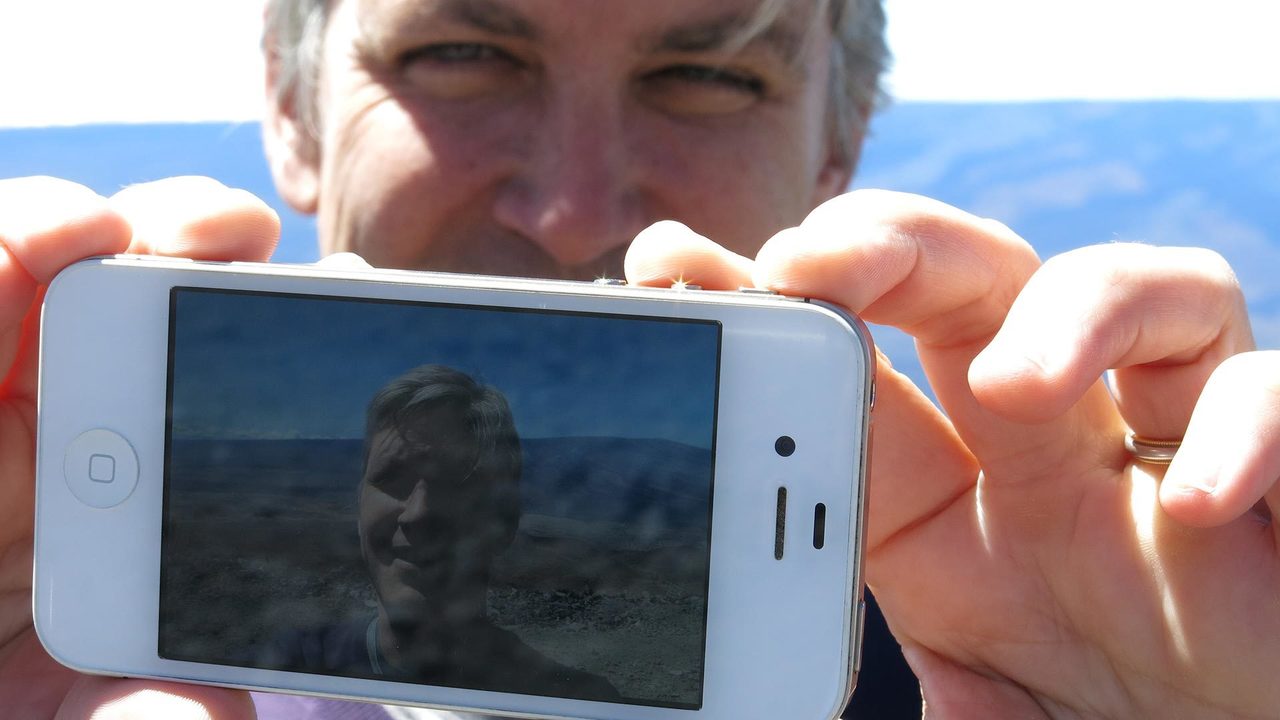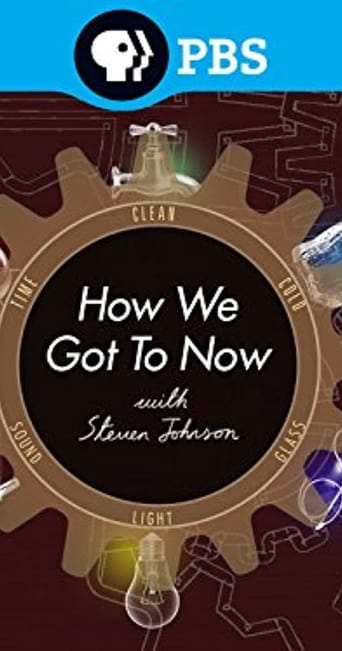Diagonaldi
Very well executed
Laikals
The greatest movie ever made..!
Cissy Évelyne
It really made me laugh, but for some moments I was tearing up because I could relate so much.
mmeier-08196
This series is about discovery, and the origination of what we take for granted. There is no in-depth treatise intended, but it reveals a path from the beginning of a technology, the advances along the way, and what we have now.
Personally, even with my strong science background, it was fascinating. I wasn't expecting an entire episode of how modern water purification works. That it started with contaminated water in metro areas and developed into the safest time in world history to drink tap water is what makes this series compelling.
Who knew the entire city of Chicago was raised to install a sewer system? How did that lead to subways? Beer is good to drink. Who created the modern time zones we use today? How was fiber optic technology developed?
I only wish there were more episodes to watch.
polygnotus
I watched the episode on Édouard-Léon Scott de Martinville, inventor of the phonautograph. Fascinating topic.I barely made it to the end. Between the host Steven Johnson's patronizing condescension as if his audience were three year olds, and the dreadfully slow pace at which information leaked out between all his cutesy stammers and stutters, not to mention the pauses to make room for yet another unneeded production gimmick, I found this program simply unbearable.This was a wonderfully interesting subject. The first recordings of the human voice! Amazing.But in some bizarre attempt to dumb it down to a 1st grade intellect, all the fascination was stripped away leaving a sickly sweet Leave it to Beaver meets Disney patina.And most incredibly, the real gem of the show, the actual digitization of the original "phonoautographs" into renderable audio files, garnered a whopping 15 seconds of screen time.One wonders if, perhaps, the producers were less enamored with personality and more on the actual subject matter, we may have been treated to a better treatment of it.Even my 9 yr old found it slow and condescending. And when she realized that no further recording would be forthcoming, her exact words, unprovoked or influenced by me, were, "Aaaah. Bummer."
SM Jefferies
A great series, very informative, but I kind of feel like it should have been called How America Got to Now. Beginning with the 1st episode, you would think that Chicago was the very 1st city in the world to create a sewer system. Not so - every city all the way back to Mesopotamia had a sewer system, but around the mid 19th century many had outgrown their old sewers and began updating them. At the same time Chicago was updating theirs, London was doing the exact same thing and without any help from the Americans. By the end of this segment the viewer is left with the impression that the Chicago sewer system was the sole inspiration for the London Underground - absolutely not true. The Brits were the 1st to invent the steam engine, the train and the underground subway without a single American to help them along. Here are some more American-centric examples from the series: The host goes straight from whale oil to the electric light without ever mentioning gas lights. Gas lights (another British invention) predated the electric light by about 80 years and were used throughout Europe. In the episode about glass the host barely mentions the camera and fast forwards to the camera NASA developed for the moon landing. BTW both the still photo camera and the movie camera were French inventions, but I suspect that's why they weren't included in the show. In the episode about sound, the host fails to talk about the invention of the radio and skips ahead to the vacuum tube which amplified the radio. But I guess that's because Marconi was an Italian and Lee DeForest was an American. In spite of these glaring omissions, this is still a really great series full of very important inventions that have shaped our world today. So I would encourage everyone to watch it, but then afterward look up gas lights, the camera and the radio and read about all of the non-Americans who also shaped our world.
happyseaurchin
I haven't read the book, and I found this series brilliant. Why? Because it shows connected thinking, which reflects the subtle and pervasive effect of social influence.Steven Johnson brings to our attention a few specific people in their specific social contexts, bringing humanity to the challenge facing the inventor. Quite often, the invention is met with ridicule, e.g. Heddy Lammar's frequency jumping idea, before it is adopted, in this case to protect inter-ship communication. And then, Steven shows the influence.Steven is interested in pervasive technology changes. Where one invention creates a platform of social change, e.g. the humble neon light and signage, and the corresponding business invention of the 'franchise'.As a presenter, Steven keeps it light. He is dealing with world-changing inventions and some genius characters. He could easily be a nerd, but he is charming and self-effacing. For all his humour, notice how he ends most of his skits with an understated though defined moment of gravitas. Requires a keen listener, a sensitive viewer, which I believe the material deserves.I haven't seen anything as intelligent as this on terrestrial TV. In the UK, it is on BBC 3, and I wouldn't be surprised if it reprises on the more mainstream channels.

